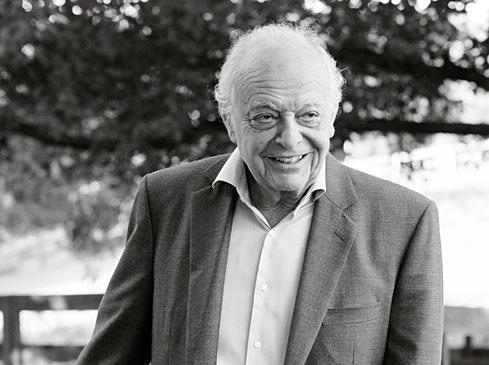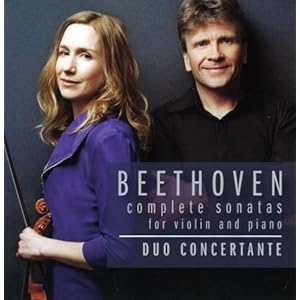10 Classic Albums

By David H. Bailey
This collection is an amazing deal -- most of the included CDs are available for sale separately but the total cost would be much higher than buying this collection. I ordered it for my wife for Christmas since there were 3 CDs of Mr. Maisky's that she asked for and they were all included in this set. She is ecstatic over the collection and has discovered even more excellent recordings that she had previously not known about. Buying this set was truly a no-brainer -- anybody who loves cello music should buy this set!
Tracks:
- CD 1 & 2
J. S. BACH: 6 Suites for Solo Violoncello
CD 1: nos. 1, 2 & 6
CD 2: nos. 3, 4 & 5
463 3142 (CD 1 & 2 only) Recorded July & August 1999
- CD 3
MEDITATION
Works by Bach/Gounod, Handel, Lully, Gluck, Mendelssohn, Chopin, Schubert, Schumann, Brahms, De Falla, Fauré, Massenet, Saint-Saens, Ravel, Anon, Tchaikovsky, Rachmaninov, Kreisler
Pavel Gililov, piano
431 5442
Recorded October 1987
- CD 4
ELGAR: Cello Concerto in E minor op. 85
TCHAIKOVSKY: Variations on a Rococo Theme op 33
Philharmonia Orchestra / Giuseppe Sinopoli
431 685-2 Recorded March 1990
- CD 5
SHOSTAKOVICH
Cello Concerto no. 1 op. 107
Cello Concerto no. 2 op. 126
London Symphony Orchestra / Michael Tilson Thomas
445 8212 Recorded August 1993
- CD 6
SAINT-SAËNS
Cello Concerto no. 1 in A minor op. 33
The Swan
Allegro appassionato op. 43; Romance op. 36; Suite op 16;
Orpheus Chamber Orchestra
Cello Sonata no. 1 in E minor op. 32
Daria Hovora, piano
457 5992 Recorded March 1997, January 1998 (Sonata)
- CD 7
SCHUMANN
Fantasiestücke op. 73; Adagio and Allegro op. 70; 5 Stücke im Volkston op. 102
Martha Argerich, piano
Cello Concerto in A minor op. 129
Orpheus Chamber Orchestra 469 524-2 Recorded March 1997 (Concerto), December 1999
- CD 8
APRES UN REVE
Works by Bizet, Chausson, Debussy, Duparc, Fauré, Hahn, Massenet, Poulenc, Ravel
Daria Hovora, piano
457 6572 Recorded May 1999
- CD 9
MENDELSSOHN
Cello Sonata no. 1 op. 45
Cello Sonata no. 2 op. 58
Variations op. 17
Songs without Words op. 109, op. 62 nos. 1 & 6; Auf Flügeln des Gesanges, Schilflied, Suleika, Die Liebende schreibt
Sergio Tiempo, piano
471 5652 Recorded February 2002
- CD 10
DVORÁK: Cello Concerto in B minor op. 104
R. STRAUSS: Don Quixote
Tabea Zimmermann, viola (Strauss) / Berliner Philharmoniker / Zubin Mehta
474 7802 Recorded December 2002 Live recording
- CD 11
VOCALISE - Russian Romances
Works by Glinka, Tchaikovsky, Dargomizhsky, Mussorgsky, Rubinstein, Rimsky-Korsakov, Arensky, Cui, Glazunov, Rachmaninov. Anon.
Pavel Gililov, piano
477 5743 Recorded January 2005
Live recording

